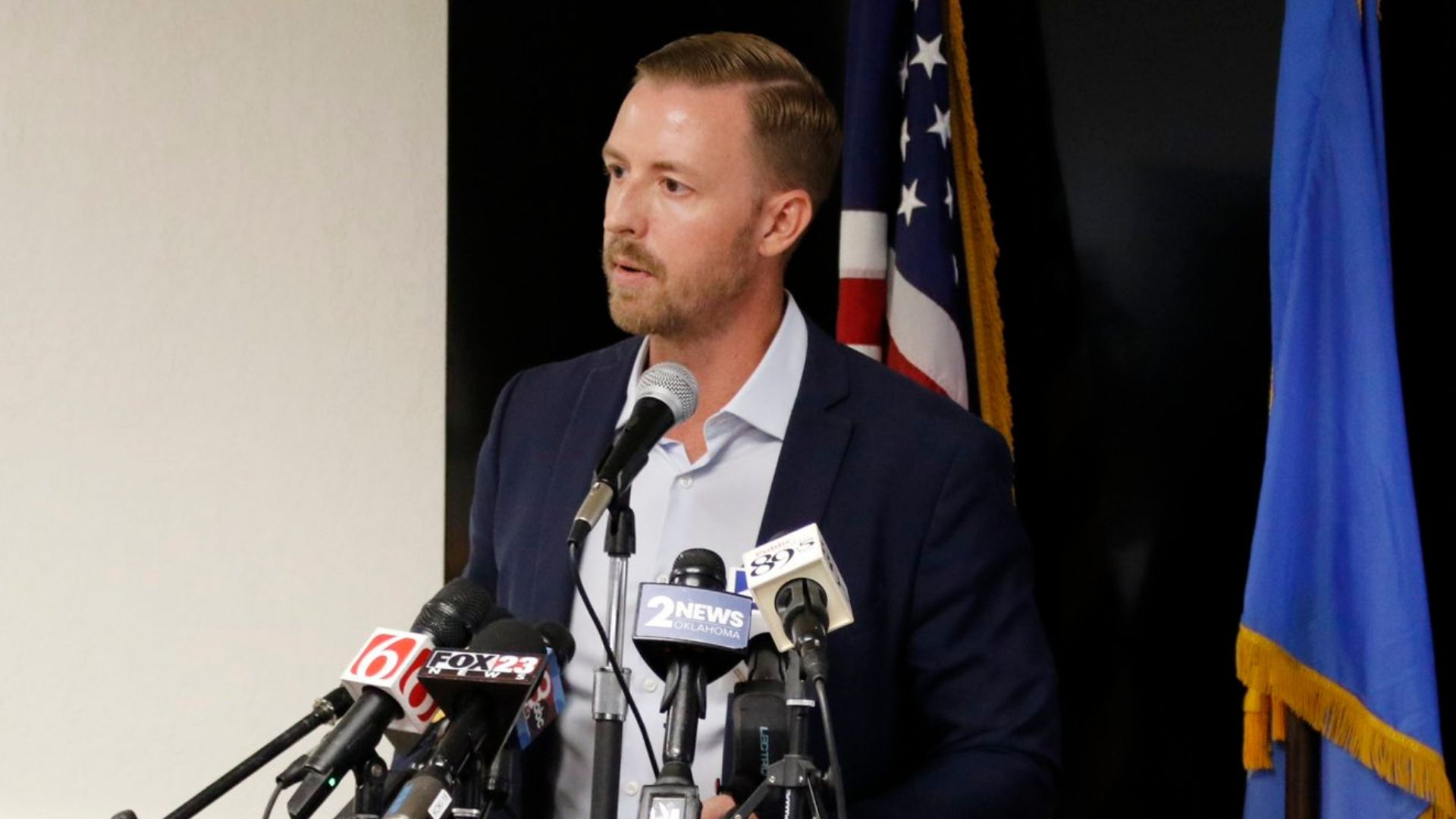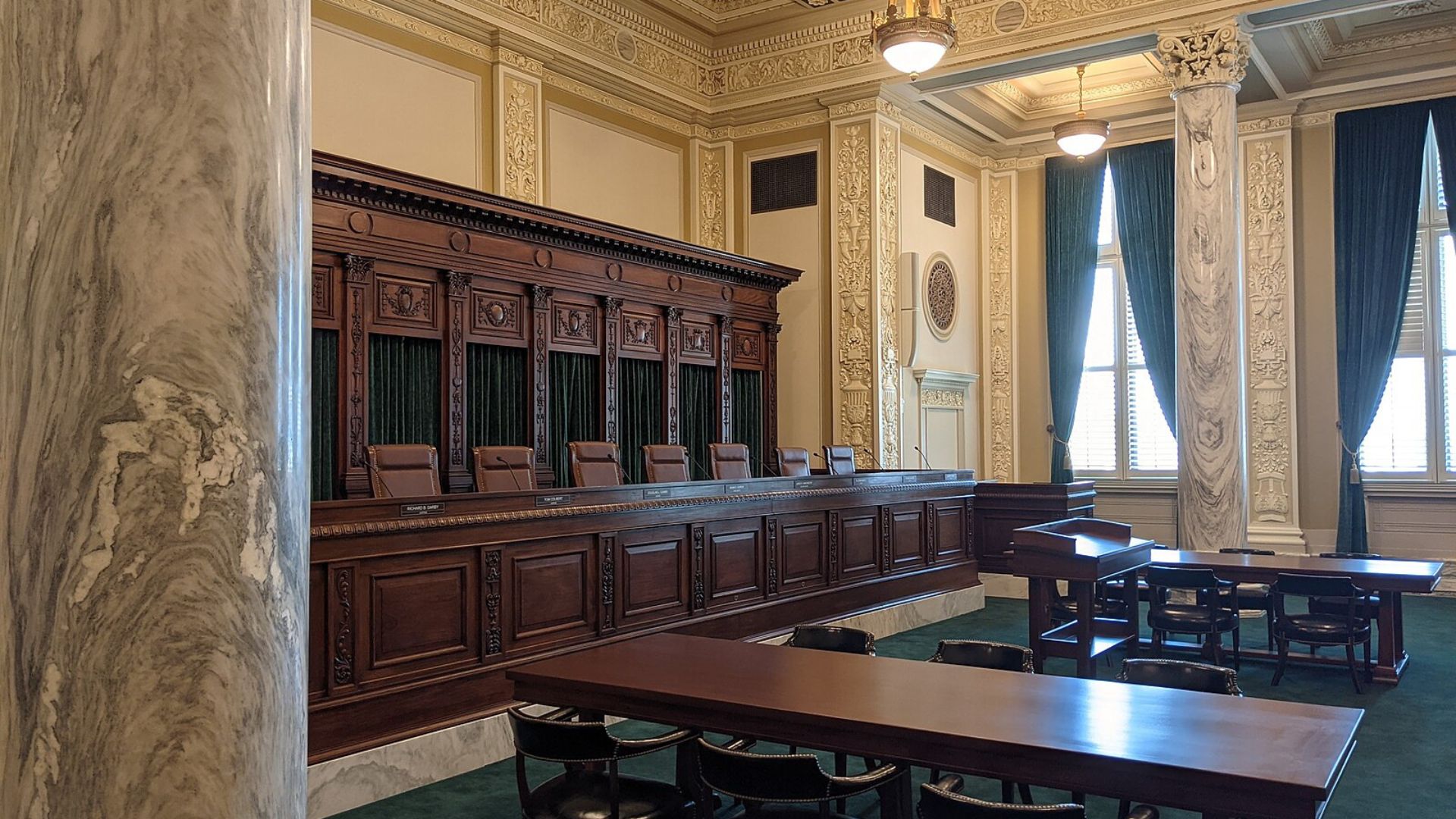Oklahoma State Superintendent Ryan Walters has issued a directive that all public schools must include the Bible in their curriculum from grades 5 through 12. This new requirement was announced last Thursday, making it mandatory for every classroom to have a copy of the Bible.
Walters stated, “Effective immediately, all Oklahoma schools are required to incorporate the Bible, which includes the Ten Commandments, as an instructional support into the curriculum across specified grade levels, e.g. grades 5 through 12.”
Strict Compliance Required

In his announcement, Superintendent Ryan Walters emphasized the need for schools to comply strictly and immediately with the new mandate.
He highlighted the urgency of incorporating the Bible into school curricula, reflecting his commitment to see this change implemented without delay. The directive is clear in its expectations for immediate action from all involved educational institutions.
Cultural Significance of the Bible

Walters justified the mandate by emphasizing the cultural and historical importance of the Bible. He argued that understanding the Bible is essential for students to fully grasp the foundational aspects of American society.
Walters explained, “The Bible is an indispensable historical and cultural touchstone. Without basic knowledge of it, Oklahoma students are unable to properly contextualize the foundation of our nation which is why Oklahoma educational standards provide for its instruction.”
Legal Backing and Public Reaction

Phil Bacharach, a spokesperson for the state Attorney General, stated that Oklahoma law already allows the presence of Bibles in classrooms and their use in instruction.
However, the expansion of this to a teaching requirement has elicited strong reactions and raised questions about its constitutional validity.
Constitutional Concerns

The directive has been criticized as a potential violation of the Establishment Clause of the Constitution, which prohibits the government from establishing a religion.
Adam Soltani from the Council on American-Islamic Relations condemned the order, saying, “We adamantly oppose any requirements that religion be forcefully taught or required as a part of lesson plans in public schools, in Oklahoma, or anywhere else in the country.”
Accusations of Christian Nationalism

Critics have labeled the move as an act of Christian Nationalism. Rachel Laser, president and CEO of Americans United for Separation of Church and State, argued that Walters is misusing his public office to impose his personal religious beliefs.
She stated, “Public schools are not Sunday schools. This is textbook Christian Nationalism: Walters is abusing the power of his public office to impose his religious beliefs on everyone else’s children. Not on our watch.”
Similar Moves in Louisiana

The policy in Oklahoma reflects a similar trend in Louisiana, where a new law mandates that all public K-12 classrooms and state-funded universities display a poster-sized version of the Ten Commandments.
This indicates a regional shift toward more overt religious displays in public education settings.
Walters’ Controversial Tenure

Since his election in 2022, Superintendent Walters has been a contentious figure, known for his strong opposition to what he terms “woke ideology” and his efforts to remove certain books from school libraries.
His policies have frequently sparked debate and legal challenges.
Legal Setbacks

The Oklahoma Supreme Court recently ruled against Walters’ attempt to allow the state Board of Education to decide which books should be available in public school libraries.
This reaffirms the authority of local school boards in such matters.
Ongoing Book Bans

Further stirring controversy, the state Board of Education, under Walters’ leadership, recommended removing books like ‘The Kite Runner’ and ‘The Glass Castle’ from school libraries, citing new rules that ban books containing adult content.
This has led to legal confrontations with local districts.
Clash Over Federal Policies

Walters has also instructed schools to disregard new federal policies promoting LGBTQ rights, framing these changes as a threat to traditional gender roles and safety.
He criticized President Biden’s Title IX changes, claiming, “In Oklahoma, we don’t bend to the senseless will of Biden and his posse eradicating women’s rights and putting women in danger.”
The Broader Impact of Walters’ Policies

The education policies under Ryan Walters continue to generate significant debate and scrutiny.
The long-term effects of these changes, both legally and educationally, remain to be seen as Oklahoma navigates these contentious new educational standards.
